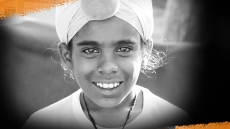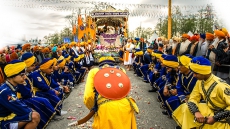Saying the words “I’m sorry” is easy, but true forgiveness goes much deeper. What’s the difference between a true apology and just going through the motions?
Vinay Saranga M.D., a psychiatrist and founder of Saranga Comprehensive Psychiatry says, “Authentic apologies come from the heart. They are an admittance of wrongdoing and a way to learn from our mistakes. Genuine apologies are compassionate and meaningful.”
Dr. Saranga says an authentic apology has a few fundamental components, including:
- Reflection: Empty apologies don’t help with healing or learning. So, instead of trying to justify your actions defensively, work on taking an empathetic approach. Take a step back and put yourself in the other person’s shoes. Recognize your mistakes to help the other person feel understood and recognized.
- Acknowledgement: Taking responsibility is another essential step. Acknowledge your faults. “I’m sorry that I broke my promise. That must make you feel _______.”
- Expression: This goes back to not just saying “I’m sorry.” Words are just words and don’t mean anything unless backed by sympathy, compassion, and remorse for your actions.
- Eye Contact: If you want someone to sincerely believe that you feel bad for what you have done, you must look them straight in the eyes when apologizing. Looking off to the side or a loss of eye contact shows insincerity. Direct and constant eye contact equals authenticity.
- Personal Contact: If the person you are apologizing to is a family member, spouse or very close friend, taking their hand, placing a hand on their shoulder or even a hug drives home the message that you are sorry and feel bad for the pain you have caused. This is not recommended when making an apology to someone you don’t know that well.
- Resolution: Above all, a truly authentic apology provides a resolution and solution. Make a proposal on how you plan to move forward. Reiterate what you’ve learned and offer a clear path forward that includes healing for each of you.
- Personal Gestures: To show you genuinely feel bad and are really thinking of the person you hurt, offer a personal gesture, or something truly meaningful that shows you care. If they like coffee, perhaps a Starbucks gift card would do. Take them out to their favorite restaurant. Make a small donation to their favorite charity. It doesn’t need to cost much. It just needs to be personal.





